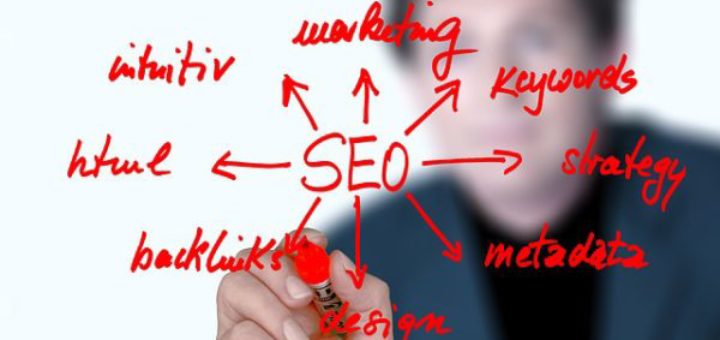Pay Per Click (PPC) Terms for Small Business

Pay Per Click (PPC) marketing is a paid form of search engine marketing. PPC specifically refers to a model where you only pay based on actual clicks on your advertisement, directing the potential customer to your website.
This form of advertising can take many different shapes and be used across most browsers (Google, Bing, etc.). While this can become very extensive and require some serious data mining and optimization, it’s important to understand the basics behind how this works. Below is a compilation of some general PPC terms for a beginner PPC enthusiast. There are several different concepts and terms that you will find useful when it comes to your business.
Ad Group
Ad Groups are subsets of keywords within each campaign. Best practices are to group similar keywords together into specific ad groups for targeted ads, extensions, and general settings. The more ad groups you develop, the more control you will have over optimizing your account.
Campaign
A campaign is a structural term for organizing your keywords, ad groups, and PPC efforts. It is a set of ad groups. By dividing and organizing each campaign, it allows you to customize bids, budgets, ads, and a wide assortment of targeting methods to optimize for the best results possible.
Conversions
Conversions can be defined based on the type of business you operate. The result of a conversion is a desired action taken by your visitor. For eCommerce sites, this may mean a purchase. For a service-related business, this could mean a form to fill out, phone call, or email subscription. Conversions help marketers to gauge success and put a value on campaign actions.
CPC
Cost Per Click is a numerical value that displays the cost of each potential customer who has already clicked on your ad. It is generally displayed as an average of multiple clicks. CPCs can vary based on how competitive a keyword is, the quality score, and various other elements.
Creative
Creative is not a term specific to PPC but it is commonly used in this advertising platform. Creative is the text or image of your advertisement. It is basically jargon for advertising. In the PPC world, text ads are the most common form of creative and have strict guidelines. Your “creative” will have a headline, which cannot exceed 25 characters, 2 lines of description for a total of 70 characters, and a URL to be displayed. While there are more policies and guidelines to follow, these are the basic elements to a text ad.
Keywords
A keyword refers to a word or phrase that will trigger your advertisement to be displayed. There are different methods of triggering ads based on the order and inclusion level of your phrase. Matches are broken down into exact match (your ad can only be displayed when the exact keyword is searched) phrase match (trigger your ad when your keyword or a close variation is searched), or broad match (which includes misspellings, synonyms, and a wider reach of related searches). Negative keywords can also be used to block your ads from being shown on specific keyword searches.
Landing Page
A landing page is the destination URL where the searcher will end up after the person clicks on your ad. Many times for PPC campaigns, these are specifically designed pages to drive a specific action/conversion. These pages will be tailored to create the most likely to convert combinations.
Position
Position refers to the placement of your advertisement. For most brands, being placed in the top three positions is ideal. When a searcher uses Google, the top 3 results that a generated are PPC ads and they are shaded out in a cream color to differentiate. These 3 positions are generally ideal because they are so prominent and your searcher is almost guaranteed to see them. Positions get lower (below 3) as you move down the page and are represented on the right hand side. While a position in the top 3 is coveted, it also costs more to maintain that position, so for some brands, a side ads with a lower cost is more desirable.
Quality Score
This is a numerical definition (displayed as a fraction out of 10) of how relevant and related your keywords, landing page, campaign, etc, are to the searcher. While Google does not disclose this formula, it is no secret that the landing page experience, ad copy, and click-through-rate have a significant impact on these rankings.
Conclusion
As you continue to work in your small business, online interactions become more and more important and it becomes even more critical for you to be familiar with new concepts and new terms as they emerge. The more you can take advantage of what technology has to offer, the more successful your business will be and the more relationships you will be able to cultivate.
[signoff][/signoff]



I just started a new website and driving engagement is something i am seriously struggling with. The website is not up to a month old and i know it takes time so taking the time to learn about PPC etc. Thanks for article.